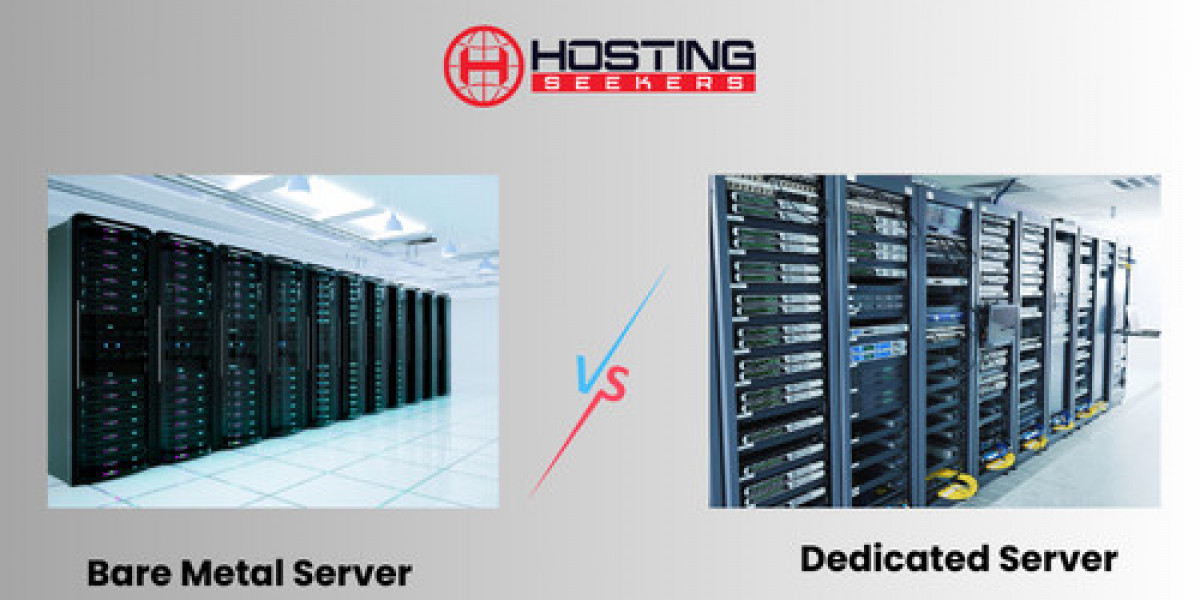In the world of hosting, two terms that often get thrown around are "bare metal servers" and "dedicated servers." But what exactly do these terms mean, and how do they differ? In this blog post, we'll delve into the nuances of Bare Metal Servers vs. Dedicated Servers to help you make an informed decision for your hosting needs.
Understanding Bare Metal Servers: Bare Metal Servers are physical servers that are dedicated to a single tenant, meaning you have exclusive access to all of the server's resources. Unlike virtual servers, which are divided into multiple virtual instances, bare metal servers provide raw, unadulterated power and performance. They are ideal for resource-intensive applications that require consistent performance and reliability.
Exploring Dedicated Servers: Dedicated servers, on the other hand, are similar to bare metal servers in that they provide exclusive access to server resources. However, dedicated servers are typically provisioned from a pool of pre-configured hardware, whereas bare metal servers offer more customization options. Dedicated servers are well-suited for businesses that require a high level of control and customization but may not need the raw power of a bare metal server.
Key Differences:
Customization: Bare metal servers offer greater customization options, allowing you to tailor the server hardware and software to your specific needs. Dedicated servers, while still customizable, may have limitations based on the available hardware configurations.
Scalability: Dedicated servers can be more easily scaled up or down by adding or removing resources as needed. Bare metal servers may require more manual intervention for scaling.
Performance: Bare metal servers typically offer higher performance and lower latency since they provide direct access to the underlying hardware. Dedicated servers still offer excellent performance but may not match the raw power of bare metal servers in certain scenarios.
Choosing the Right Option: When deciding between bare metal servers and dedicated servers, consider your specific requirements, including performance needs, customization preferences, and scalability requirements. If you need maximum performance and flexibility, a bare metal server may be the best option. However, if you prioritize ease of scalability and are willing to sacrifice some customization options, a dedicated server may suffice.
Conclusion: Both bare metal servers and dedicated servers offer exclusive access to server resources, making them ideal for businesses that require high-performance hosting solutions. By understanding the differences between these two options and considering your specific needs, you can choose the hosting solution that best aligns with your requirements and goals. Whether you opt for a bare metal server or a dedicated server, rest assured that you'll be getting a reliable and powerful hosting solution to support your online endeavors.















